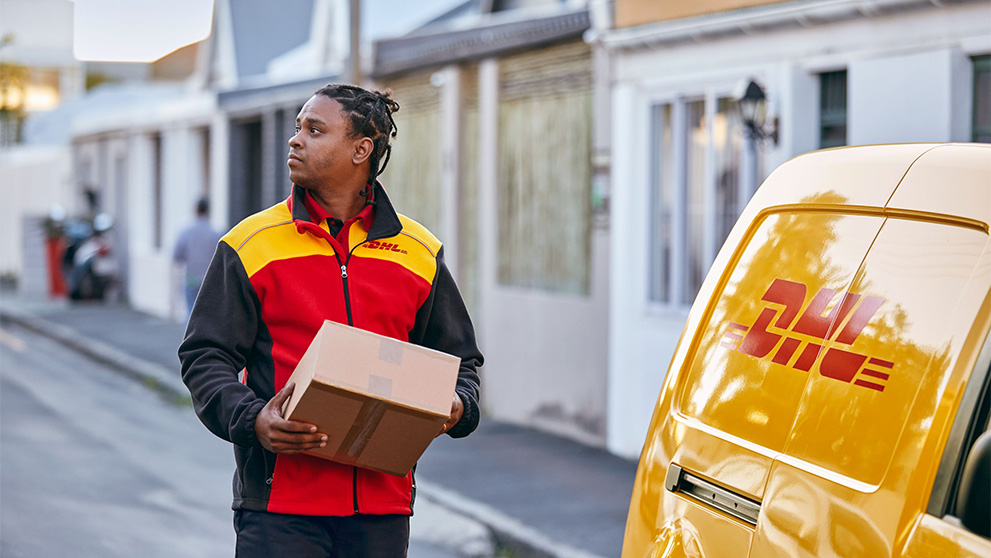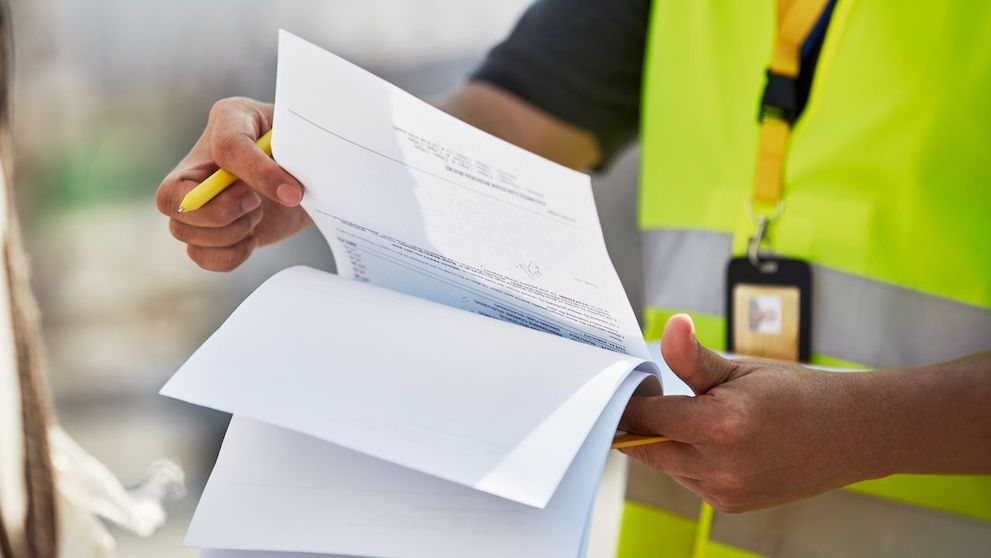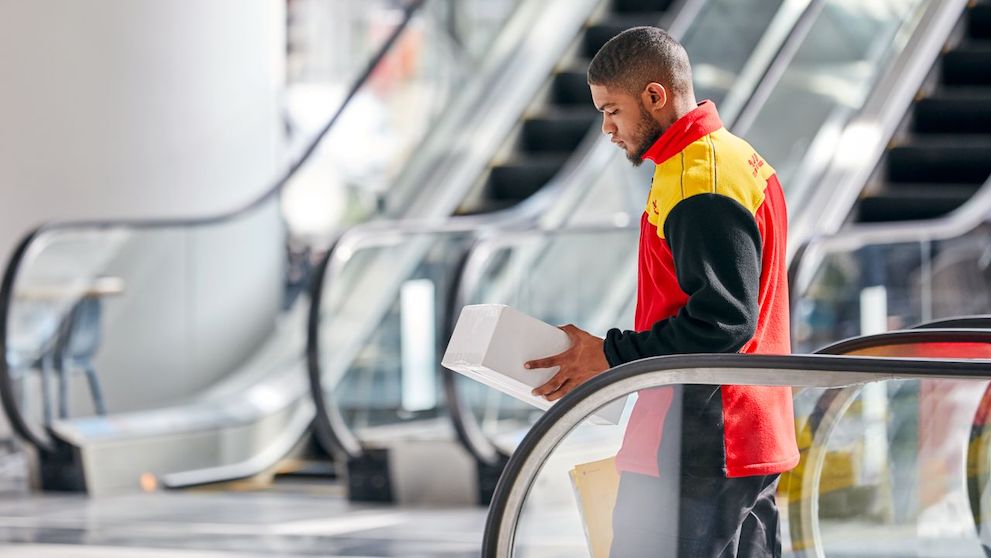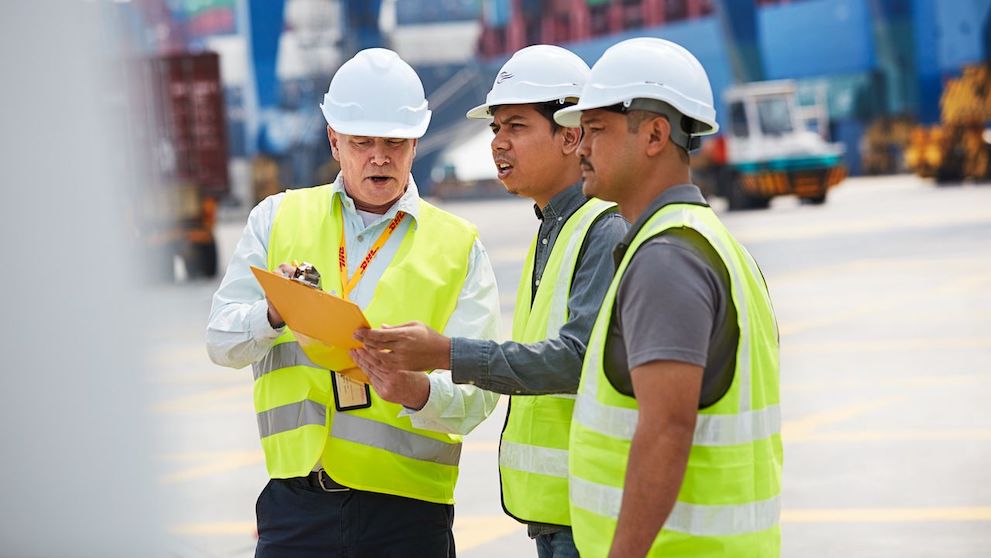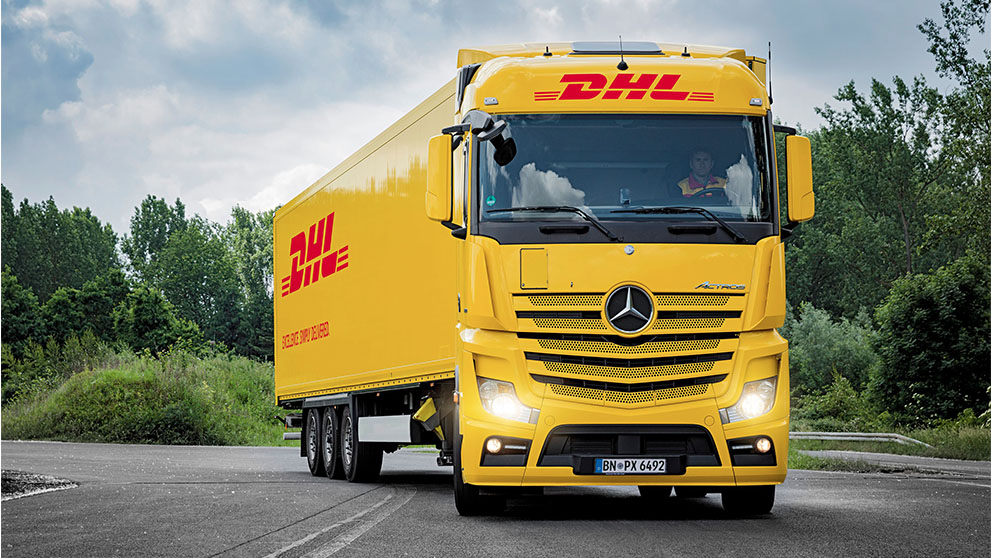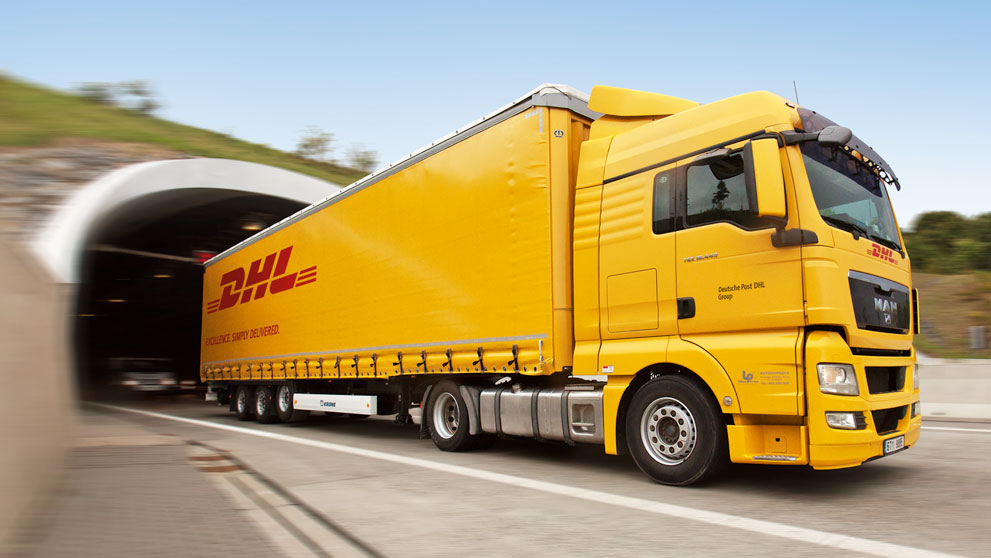Selling your product internationally is the most efficient way to gain more customers, and going global is a simple choice for most SMEs. However, there are several crucial factors to consider and tasks to complete before embarking on this exciting journey. Here are some of the most important ones.
Get prepared for global trade conditions
Global trade is still growing, despite its many recent challenges. According to the DHL Global Connectedness Index, global trade in goods reached 10% above pre-pandemic levels in 2022. And the solid data and research carried out for the DHL Trade Growth Atlas also points to huge opportunities to grow trade further.
However, while the overall trend remains upwards, world trade is forecast to slow over the next decade. The World Economic Forum reports that through 2031, trade growth is predicted to reach only 2.3% versus the 2.5% growth forecast for GDP, according to Boston Consulting Group’s Global Trade Model1. This slowing in growth is due to the effects of the challenges mentioned above: the pandemic, war and protectionism, plus ever-rising tensions between China and the US, and China and the EU.
Before you go global, you might want to adjust your long-term forecasts to take account of this slowing in growth. And there is a risk that trade tensions could cause difficulties to your supply chains that you might previously have thought unlikely. So think about solving potential problems in advance. For example, do you have alternative suppliers in place, if needed? Do you have an inventory of at-risk stock or materials built up? These are just a couple of ways to prepare, so you don’t let down those new overseas customers.
Work out your priorities
What is driving your aspiration to go global? Is it the desire to increase your reputation, or deliver a reduction in cost that’s leading your venture? Whatever the reason, knowing the answer will help guide decision-making for your organization, and all the associated businesses and staff that are connected with it.
Research your potential new markets
Thorough market research can take part of the risk out of going global. Here are five key factors to research.
Cultural differences and customer preferences
Both these may mean you have to adapt your marketing, your product or the delivery options you offer. Fortunately, at DHL our experience at helping customers enter new markets mean we can help – especially with local logistics and delivery preferences. Check out our export Country Guides to start researching the preferences of each of the new markets you're considering going into.
Laws and regulations
From HR laws to environmental regulations, laws can affect how you do business and, of course, are always subject to change. Again, you might have to adapt your product to satisfy local laws, too.
The competition
As when launching domestically, you need to research the competition, how and why they have succeeded, and work out how you can win against them. And remember, you’ll be entering a foreign market against established players, so you’ll be at a disadvantage, at least to begin with.
Costs
These can vary greatly around the world – and bring some nasty surprises – so you need to research all your costs thoroughly before putting together your budget for expansion.
Marketing
The effectiveness of different marketing channels can differ from country to country, so you need to look into this, before developing your marketing strategy. An obvious mistake would be spending too much of your budget on digital marketing in a country which has low internet or mobile penetration.
Establish a solid supply chain
It’s important to establish a solid supply chain that will enable you to satisfy customers in your new overseas markets. COVID-19 exposed the fragile nature of global supply chains – from factories running at below capacity because of a lack of workers, to goods stuck in ports because there weren’t enough truck drivers to transport them.
While nobody can say if or when the next pandemic will arrive, the risks caused by other factors, such as the global trade tensions talked about earlier, are clear. So before you go global, you need to methodically identify, assess and mitigate risks to your supply chain, to avoid potential damage to your product’s quality, the continuity of your business and your company’s reputation.
As well as obvious risks, like over-reliance on a small number of suppliers, these can also include less obvious ones, such as cybersecurity risks due to the increasing reliance on digitization in supply chains.
Build a strong local network
If you’re expanding internationally, it pays to build strong local networks. Setting up in a different culture and a new country is always tricky, and contacts who understand the procedures, and even the subtle nuances, can prove invaluable.
Put in the effort to build positive, trusting relationships with your overseas staff and suppliers. Take time to learn about their different customs. While this may feel like hard, time-consuming work, it’s even more important when you’ll usually be dealing with staff and suppliers remotely. It’s also well worth networking with local business contacts – it may even secure you preferential rates on services, or help you find potential local investors.
Clearly, the most important people to build relationships with are your new overseas customers. You’re starting at a disadvantage when you’re entering a new market, so it’s vital to build a customer base that is happy with your products and service. Always remember, it’s much more expensive to recruit a new customer than retain one you already have. And there is no country on Earth where satisfied customers won’t recommend your brand to friends and acquaintances.
Know your customers’ attitudes to delivery and returns
How demanding your overseas customers are will vary according to which country or countries you’re expanding into. Of course, their expectations will also depend on what kind of product you’re selling to them.
Whatever you decide will have an effect on both overall cost and speed of delivery. Your options will include truck, rail, ocean and air, as well as multi-modal combinations of several transport choices – depending on where your market and your warehouse is located. Will the customer you're selling to always be there when you deliver? If not, you'll need a partner who can offer On Demand Delivery, so they can specify a time that suits them.
Do your customers expect free returns? In some countries, having to pay for returns is a deal-breaker, so you need to uncover consumer attitudes as part of your market research and build free returns into your costs if necessary.
Make sure you comply with Customs
Customs regulations vary from country to country. For instance, local business association websites are great resources for helping you to understand customs compliance, but it's up to you to find out what might be banned in your target destination.
You may decide to hire a broker to act as your agent during the shipping process, to help you prepare documents and clear merchandise for customs. It's worth knowing that DHL Express does this every day for its customers by acting as a broker on their behalf.
DHL will keep your customs paperwork relevant and accurate before handing shipment information over to the appropriate customs authority. Their export and clearance experts can assist with trade agreements, filing shipment declarations and tariff classifications, as well as calculating duty and tax prior to your goods moving across borders. They will also help with contingency planning by offering direct support and guidance. For example, should a financial or natural disaster affect your ability to deliver goods to customers overseas, you must have a recovery plan in place. DHL can, of course, help with creating one – just talk to your local representative.
For more detailed customs advice, read our article Customs Advice For First-Time Shippers.
Use correct labeling to keep things moving
Always be as precise as possible when filling out any paperwork. Take these specific description examples and let them serve as a framework. If your paperwork is insufficiently detailed, this can cause delays, which will add to consumer dissatisfaction. For a full description of how to get your labelling right, download our International Shipping Toolkit.
Be aware of special requirements
Some considerations include:
- Pack to protect your product against physical damage
- Using strong containers
- Helping the buyer to identify your shipment
- Avoiding over packing and keeping weight distribution even
- Using pallets and outer containers as buffers if needed
- Avoiding product and brand names on outside of boxes, which could invite theft
Make the most of open borders
Free trade agreements (FTAs) have helped fuel business growth by helping companies trade with ever-larger audiences. This has brought improved living standards and allowed families to gain access to more affordable imported goods and services. Ultimately, thanks to the removal of barriers to trade, even the smallest companies can compete and thrive on a global scale.
For example, the US currently has FTAs in place with 20 countries, meaning international trade has become a critical component of the economy alongside the flow of domestic goods. Over 277,000 US companies exported goods in 2021, according to the International Trade Administration2, and 97.4% of those companies were small and medium-sized enterprises. Even so, a significant mental and logistical barrier to more joining the international trade market is the complex customs process, involving various procedures and ample paperwork. Fortunately, various customs modernization efforts promise improvements to their overall efficiency, such as the implementation of single windows and increased rollout of automation technologies worldwide.
Moreover, although trade growth is projected to slow worldwide, there are signs of improvement according to the OECD3. And most regions are working to provide further opportunities for businesses to engage in international trade, making it easier for small and medium-sized businesses to go global.
Navigating laws and regulations
Laws vary significantly across borders. For instance, in the US the Foreign Regulations and Standards impose certain restrictions on animal products, textiles and electronics. Visit Trade.gov for more information on US and foreign standards, as well as specific requirements and regulations. For imports into the EU, take a look at the European Commission website.
While imports and exports are always heavily regulated, laws are subject to change and new ones brought in, driven by anything from politics to sustainability. One good current example of a politically-driven change is the new, post-Brexit regulations for trade between the UK and the EU4.
And an example of a new law related to sustainability is the EU’s ban of imports linked to deforestation. Companies importing products made from wood, cattle, cocoa, coffee, palm oil and soy will have to obtain a “due diligence” statement that confirms the goods were not derived from deforested lands or linked to forest degradation5.
So it’s important to stay up-to-date. DHL keep up with changes in customs regulations and procedures to ensure they comply and use best practice at all times. This also allows them to build trust and strong relationships with customs authorities worldwide, assisting in smooth clearance for customers’ goods.
For further help and advice on going global, speak to your DHL representative, or apply for a business account today.









